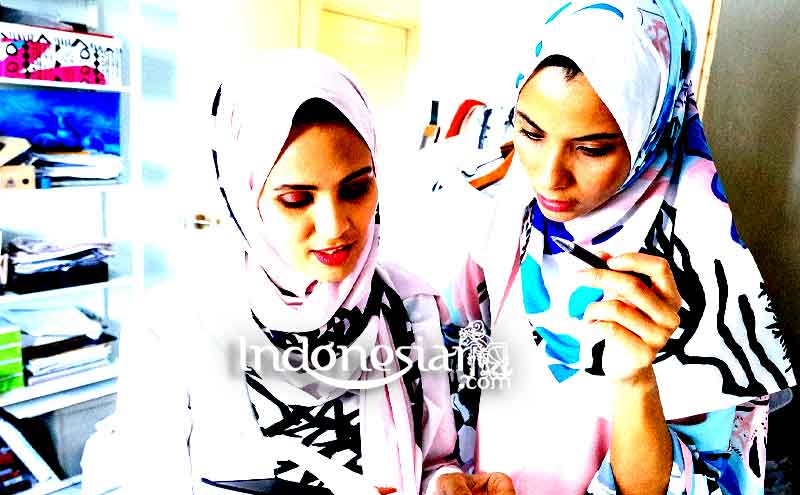News & Events
Get to know the Sekaten ceremony as an Islamic heritage in Java
- November 4, 2020
- Posted by: ASEAN
- Category: Budaya INDONESIA

Sekaten tradition is an acculturation of the influence of Islam in Javanese culture. There are various opinions related to the naming of Sekaten Tradition. The popular opinion is Sekaten comes from the Arabic term “Syahadataini”. The term represents the Two Sentences of the creed in Islam.
The two sentences in question are a mandatory condition for someone who wants to embrace Islam. This sentence has the meaning “I bear witness that there is no god but Allah and Prophet Muhammad is the messenger of Allah”.
In addition, there are also opinions that say the origin of the term Sekaten comes from other terms, as follows:
- Sahutain with the meaning of stopping or avoiding two things, namely the nature of prostitution and deviance.
- Sakhatain which means eliminating two things, namely animal character and demonic nature, because the character is the source of damage;
- Sakhotain means to instill two things, namely always maintaining virtue or virtue and always enslaving oneself to God;
- Sekati means balanced, living people must be able to weigh or judge good and bad things;
- Sekat means boundaries, living beings must limit themselves to not doing evil and know the boundaries of good and evil.
In the implementation of Sekaten, both those in Yogyakarta and Surakarta are always inseparable from the gamelan devices belonging to the two palaces. In the Yogya palace, the Sekaten gamelan consists of two instruments, namely the Kyai Nogowilogo and Kyai Guntur Madu gamelan. Meanwhile, in the Surakarta Palace there are two gamelan instruments, namely Kyai Guntur Madu and Kyai Guntur Sari.
From a few days before 12 Robiul Awal (Maulud) gamelan will be played. The difference, in the palace of Yogya, the procession begins on the 6th of Rabiul Awal (Maulud), while in the palace of Surakarta a day earlier, namely 5 Rabiul Awal (Maulud).
In the tradition of Keraton Jogja, usually since a month before the Sekaten Ceremony held the Sekaten Festival Night Market. We can also find two traditions that enliven the Sekaten Ceremony, namely Tumplak Wajik and Grebeg Tradition.
Tumplak Wajib is a ceremony of making wajik (special food made from glutinous rice with coconut sugar). This is the beginning of the making of pareden used in the Garebeg ceremony.
As for the Grebeg Muludan Tradition, it is the culmination of the Sekaten commemoration which started at 08.00 am on the 12th of Rabiul Awal, coinciding with the birth of the Prophet Muhammad SAW. Come on, get interesting information and add insights from Indonesiar.com.
Leave a Reply Cancel reply
You must be logged in to post a comment.